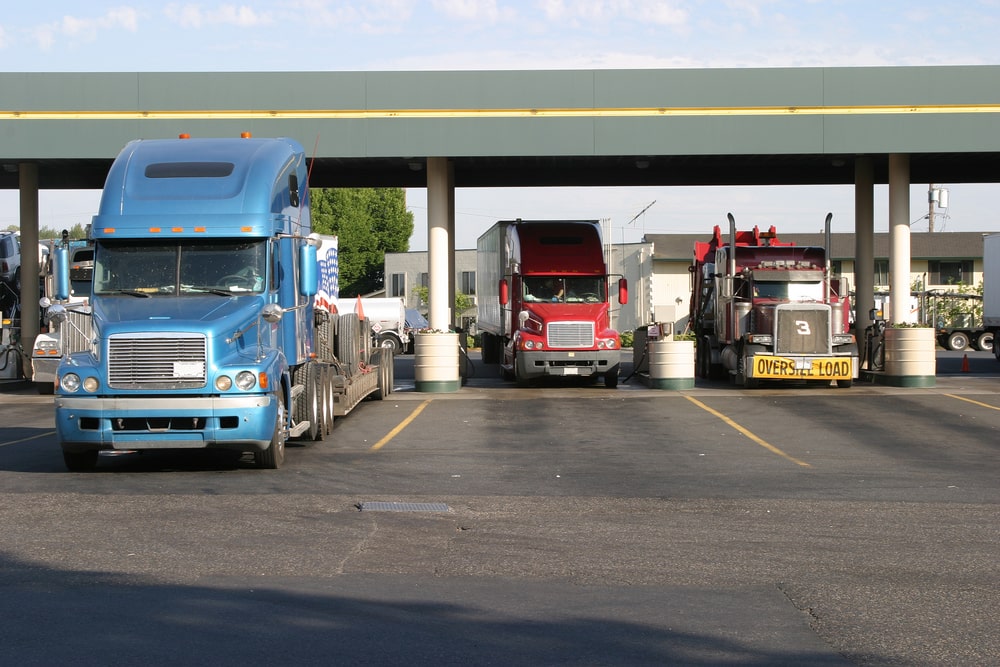Running a business that involves interstate transportation can be complex, especially when managing logistics, fleet operations, and regulatory requirements. One key area where efficiency can be improved is in the use of apportioned license plates, also known as International Registration Plan (IRP) plates. Paired with smart auto systems, apportioned plates help streamline operations and keep your business compliant across various jurisdictions. This article will explore how implementing these strategies can enhance your transportation business.
What Are Apportioned License Plates?
An apportioned license plate allows commercial vehicles to operate in multiple states (or provinces) while only requiring one set of plates and one registration. This system, known as the International Registration Plan (IRP), divides registration fees based on the distance traveled in each jurisdiction. It’s a significant advantage for businesses that frequently operate in more than one state because it simplifies compliance and ensures fair distribution of road use fees.

When a truck is registered under the IRP, it’s apportioned according to the percentage of miles driven in each state. This allows fleets to avoid registering in every individual state they pass through, making administration easier and ensuring that each jurisdiction receives its share of registration fees.
How Smart Auto Systems Enhance Business Efficiency
Incorporating smart auto systems into your transportation business can further streamline operations, especially when dealing with the complexities of apportioned plates. These systems include GPS tracking, automated compliance software, and real-time data management to help ensure your fleet runs smoothly and legally.
Benefits of Smart Auto Systems:
- Real-Time Tracking: Smart auto systems provide real-time location tracking, which is especially useful for managing trucks that travel across state lines. This can help ensure that vehicles are adhering to route plans and maintaining efficient schedules.
- Automated Distance Logging: One of the more tedious tasks of managing apportioned plates is tracking the miles driven in each state. Smart auto systems can automate this process, making it easier to report accurate mileage for each jurisdiction during the annual IRP renewal process.
- Compliance Management: Compliance is crucial when dealing with apportioned plates. Smart systems can track compliance with various state regulations, such as fuel tax reporting and vehicle inspections. This automation helps reduce the risk of costly penalties due to non-compliance.

- Data-Driven Insights: By collecting data on vehicle performance, routes, and maintenance needs, smart auto systems allow businesses to make informed decisions that improve overall fleet efficiency and reduce costs.
Combining Apportioned Plates and Smart Auto Systems for Success
By using apportioned plates in combination with smart auto systems, you can enhance your fleet’s operational efficiency while reducing administrative burdens. Apportioned plates streamline interstate travel, ensuring compliance with all relevant jurisdictions, while smart systems automate essential tasks like mileage tracking and compliance management.
This combination allows your business to focus on more critical tasks, such as growing your client base or improving customer service, without being bogged down by time-consuming paperwork or the complexities of state-by-state registration.
The Future of Transportation Business Management
The transportation industry continues to evolve with technology playing an increasingly vital role. Smart auto systems, paired with apportioned plates, represent a future where businesses can operate more efficiently and remain compliant with ease. With advances in automation and real-time tracking, managing a fleet across state lines has never been simpler.
Conclusion
Implementing apportioned license plates and smart auto systems is a powerful strategy to improve the efficiency of your transportation business. Apportioned plates help you stay compliant across multiple jurisdictions, while smart systems streamline tasks like mileage logging, tracking, and compliance management. Together, they can help reduce administrative costs, enhance operational efficiency, and boost your company’s overall profitability. By embracing these modern solutions, your business will be better equipped to handle the challenges of interstate transportation and maintain a competitive edge in the industry.

